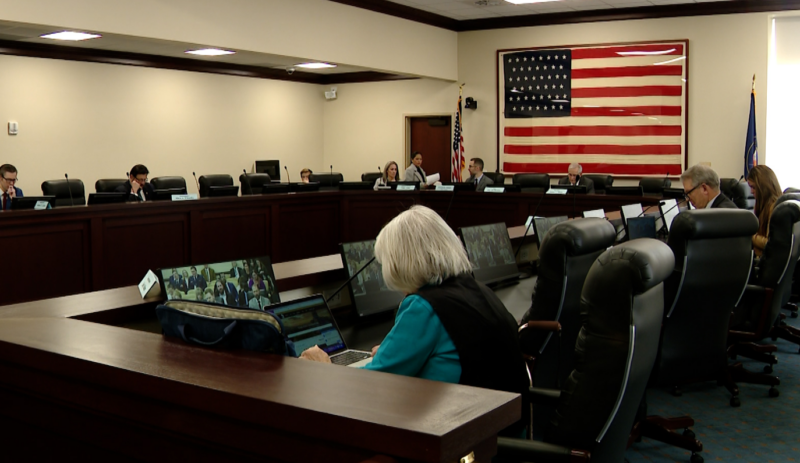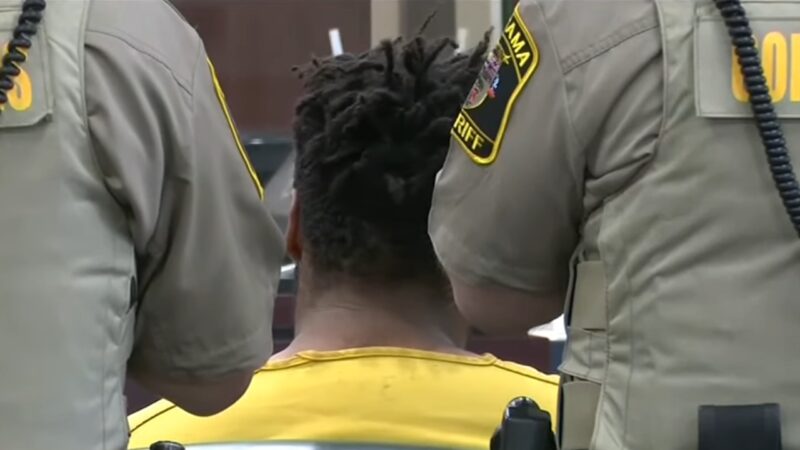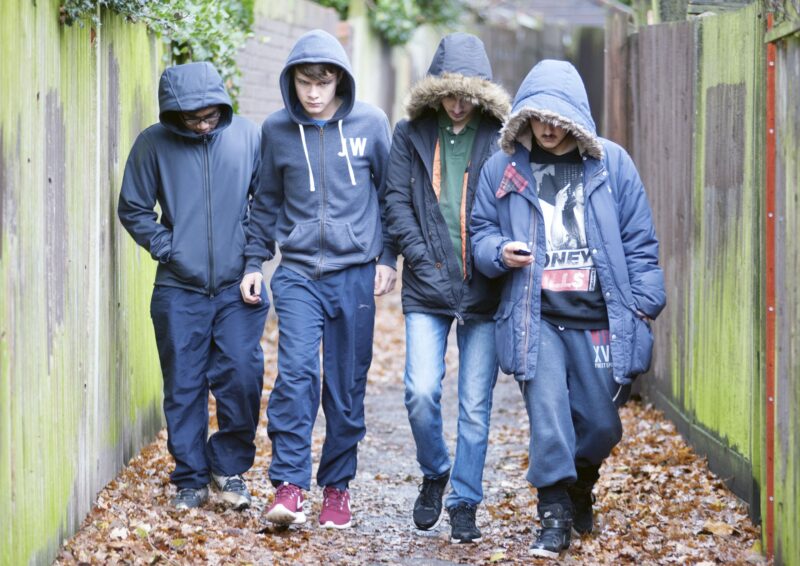Various types of crimes have experienced different trends over the years in the United States and California. According to the FBI’s Uniform Crime Reporting (UCR) Program, there has been a general decline in overall criminality over the past few decades, yet certain crimes like sexual assault and rape continue to pose significant concerns. In California, delinquency has fluctuated, with decreases and increases in various categories.
While violent crimes have seen a recent decrease, property crimes remain a persistent issue, according to the California Department of Justice. Comprehensive solutions and prevention strategies are essential for addressing these issues and ensuring public safety. Now, let’s delve into the recent legislative developments in California concerning clergy sexual exploitation legislation, keeping the broader context of crime rates in mind.
In Sacramento, the issue of consent became a major obstacle for a bill aimed at addressing sexual exploitation by clergy members. The key committee chose not to vote on the bill, effectively halting its progress. State Senator Dave Min, a Democrat from Irvine, told the Senate Public Safety Committee that he was open to working with other lawmakers on the language of Senate Bill 894. However, he emphasized that consent should not be used as a defense for someone accused under this clergy sexual exploitation legislation because clergy members hold positions of power, and children are taught to respect them, creating an imbalance that makes true consent impossible.
Senate Bill 894: Proposed Penalties for Sexual Exploitation by Clergy
The bill proposed making it a crime for a clergy member to engage in sexual acts with an adult member of their congregation. If found guilty, the person could face up to six months in prison, a fine of up to $1,000, or both.
Dorothy Small, who spoke in support of the bill, shared her personal experience. She was a choir member in her church and felt vulnerable when a clergy member approached her. Despite reporting the incident, the person was only removed for a week.
Lesli Caldwell Houston, representing the California Public Defenders Association, urged the committee to oppose the bill. She argued that it did not effectively address the problems it aimed to solve and represented government overreach, particularly regarding the issue of consent.
Rachel Bogwood from the American Civil Liberties Union expressed concern that the law could be used to criminalize consensual sexual contact between adults.
Min’s Frustration with the Committee’s Suggestions and His Stance on Consent
Min expressed frustration with the process his bill had undergone. He wanted to collaborate with the committee, but they only suggested adding consent as a defense. He listed examples where consent is not considered a defense, such as sexual contact involving minors, police officers, people in custody, health facility employees, attorneys in some cases, and correctional officers.
According to Min, consent is not possible due to the power and respect that clergy members hold. He strongly opposed adding consent as a defense in his bill.
When allowed to make a motion on the bill, no committee member offered one.
Min expressed his disappointment in a statement, saying that it was a sad day for countless adult survivors of clergy abuse and for California. He mentioned that there are already 13 other states with laws that establish criminal charges for those who abuse their position of power to exploit an adult congregation member sexually.
In a separate vote, the committee decided to advance Senate Bill 1414, written by state Senator Shannon Grove, a Republican from Bakersfield. The bill, in its original form, aimed to increase penalties for solicitation of a minor. It will now move to the Senate Appropriations Committee.
Under the current law, someone convicted of soliciting a minor and knew or should have known that the person was a minor could face anywhere from two days to a year in jail, a maximum fine of $10,000, or both. Grove’s bill proposed removing the requirement that the offender knew the person solicited was a minor, increasing prison time from two to four years, and adding a maximum fine of $25,000.
The state’s public defenders association opposed the legislation, arguing that current law already punishes those who use minors for prostitution. They believed that Grove’s bill sought to impose greater punishment on some individuals, even if they had no intention of having sex with someone underage.
Grove expressed her disappointment with the changes imposed on her bill on Twitter. She stated that instead of making the buying of children a felony with prison time, the committee forced her to accept amendments she didn’t agree with, watering down her bill to allow a fine or minimum county jail time.
To further understand the issue, it’s important to note that nearly 1,700 priests and clergy members accused of sex abuse are currently unsupervised, according to a report by NBC News. This highlights the need for legislation to address this issue. Senator Dave Min unveiled legislation prohibiting adult sexual abuse by religious clergy, as reported by the California Senate Democrats. This legislation aimed to address the power imbalance and the potential for exploitation in these relationships.
In a similar context, California Assembly Democrats initially blocked a child trafficking bill, but later reversed their decision, as reported by CapRadio. This bill aimed to increase penalties for those involved in child trafficking.
In 2013, a California sex abuse bill was blocked by the Assembly, as reported by the Los Angeles Times. This bill aimed to extend the statute of limitations for child sex abuse victims to file lawsuits.
Summary
In Sacramento, California, a legislative committee declined to advance a bill aimed at addressing clergy sexual exploitation legislation, which would have created a new crime of sexual exploitation by clergy members, thereby halting its progress. The bill, proposed by State Senator Dave Min, was designed to tackle the power imbalance between clergy and congregants by making consent an invalid defense in cases of alleged sexual abuse under this specific legislation.
Despite support from victims advocating for the necessity of such legislation, opposition from civil liberties groups and public defenders cited concerns of government overreach and the potential for mislabeling consensual relationships as criminal. Meanwhile, another bill focusing on increasing penalties for solicitation of minors was approved by the committee. Frustrated by the committee’s decision on the clergy sexual exploitation legislation, Min vowed to continue advocating for stronger legal protections to safeguard individuals from sexual exploitation by those in power. So, what next?
Given the committee’s decision, the future of this specific legislation is uncertain. Senator Min may consider reintroducing the bill in a future legislative session with modifications to address the feedback received. Furthermore, advocacy efforts might be intensified to build broader public and legislative support. This could involve mobilizing survivor groups, engaging with civil rights organizations, and enhancing public awareness about the issue to influence legislative opinion in favor of the bill.






